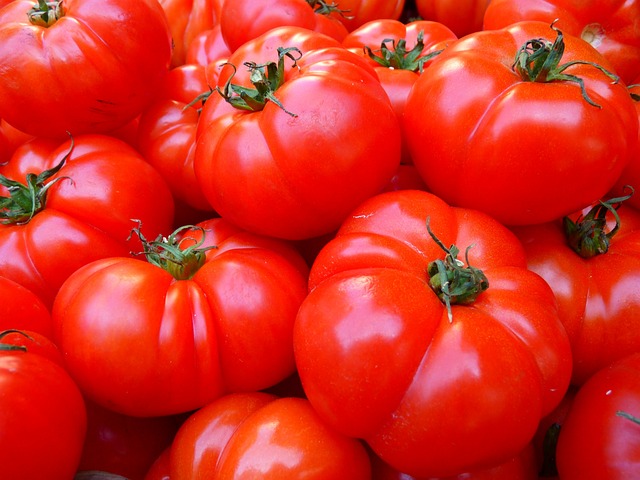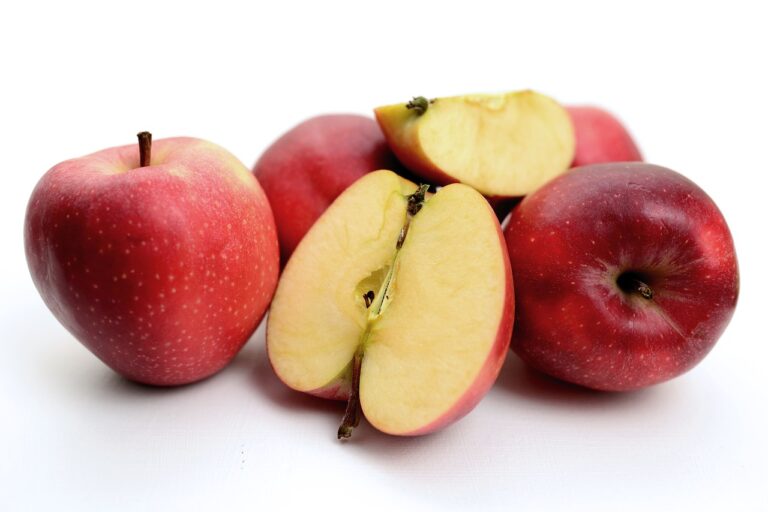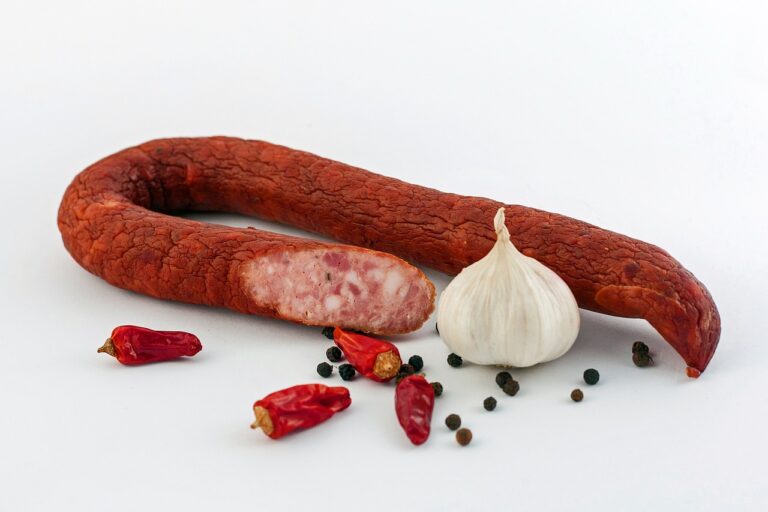The History of Bread: From Ancient Egypt to Modern Bakeries
The history of bread can be traced back to ancient times when early civilizations recognized the value of mixing water and ground grains. The discovery of yeast fermentation led to the transformation of this simple mixture into a leavened bread that was more palatable and easier to digest. This advancement in bread making played a significant role in the development of early societies by providing a reliable source of sustenance.
Archaeological evidence suggests that ancient Egyptians were among the first to perfect the art of bread making around 3000 BCE. They utilized a combination of emmer wheat and barley flour to create various types of bread, from basic flatbreads to more elaborate loaves enjoyed by the wealthy. The importance of bread in Egyptian society was such that it was included in tomb offerings to sustain the deceased in the afterlife. This early form of bread making set the foundation for the widespread cultivation and consumption of bread in civilizations across the globe.
Bread in Mesopotamia
One of the earliest civilizations known for its advanced agriculture and culinary practices is Mesopotamia. It is believed that bread-making originated in this region around 8000 BCE. The Mesopotamians were skilled at growing different grains like barley and wheat, which were the main ingredients used in bread production. They ground the grains into flour using stone querns and mixed it with water to form dough.
The Mesopotamians developed sophisticated baking techniques such as using clay ovens to bake their bread. These ovens were heated by burning wood or dried animal dung, providing the necessary heat for baking. The ancient Mesopotamians also experimented with different types of bread, adding ingredients like honey or dates for sweetness, or seeds and nuts for texture. Their expertise in bread-making eventually led to the proliferation of bread as a staple food in the region.
• The Mesopotamians were known for their advanced agriculture techniques
• Barley and wheat were the main grains used in bread production
• Stone querns were used to grind grains into flour
• Clay ovens were utilized for baking bread, heated by burning wood or dried animal dung
• Different ingredients like honey, dates, seeds, and nuts were added to bread for flavor and texture
The Spread of Bread Making in Ancient Greece
The ancient Greeks were pioneers in the art of bread making, with evidence dating back to around 2500 BC. Bread was a staple food in Greek society, enjoyed by people from all walks of life. The process of making bread involved grinding wheat into flour and then mixing it with water to create a dough, which was then shaped and baked in clay ovens.
Bread making in ancient Greece was not just a way to provide sustenance but also held cultural and religious significance. It was often used in religious ceremonies and offerings to the gods. Different varieties of bread were created, including leavened and unleavened bread, reflecting the skill and creativity of Greek bakers. The spread of bread making in ancient Greece was a testament to the ingenuity and culinary expertise of this ancient civilization.
What is the ancient origin of bread making?
The ancient origins of bread making can be traced back to Mesopotamia, where the first evidence of bread making dates back to around 10,000 BC.
How did bread making spread in ancient Greece?
Bread making spread in ancient Greece through trade and cultural exchange with other civilizations, such as the Egyptians and Phoenicians.
What role did bread play in ancient Greek society?
Bread was a staple food in ancient Greek society, eaten by people of all social classes. It was often used as a form of payment for labor and was an important part of religious rituals.
Were there different types of bread made in ancient Greece?
Yes, there were various types of bread made in ancient Greece, including flatbreads, leavened breads, and breads made with different grains such as barley and wheat.
How did the spread of bread making impact ancient Greek culture?
The spread of bread making in ancient Greece led to the development of new culinary techniques, increased trade with other civilizations, and a greater emphasis on the importance of agriculture in Greek society.







